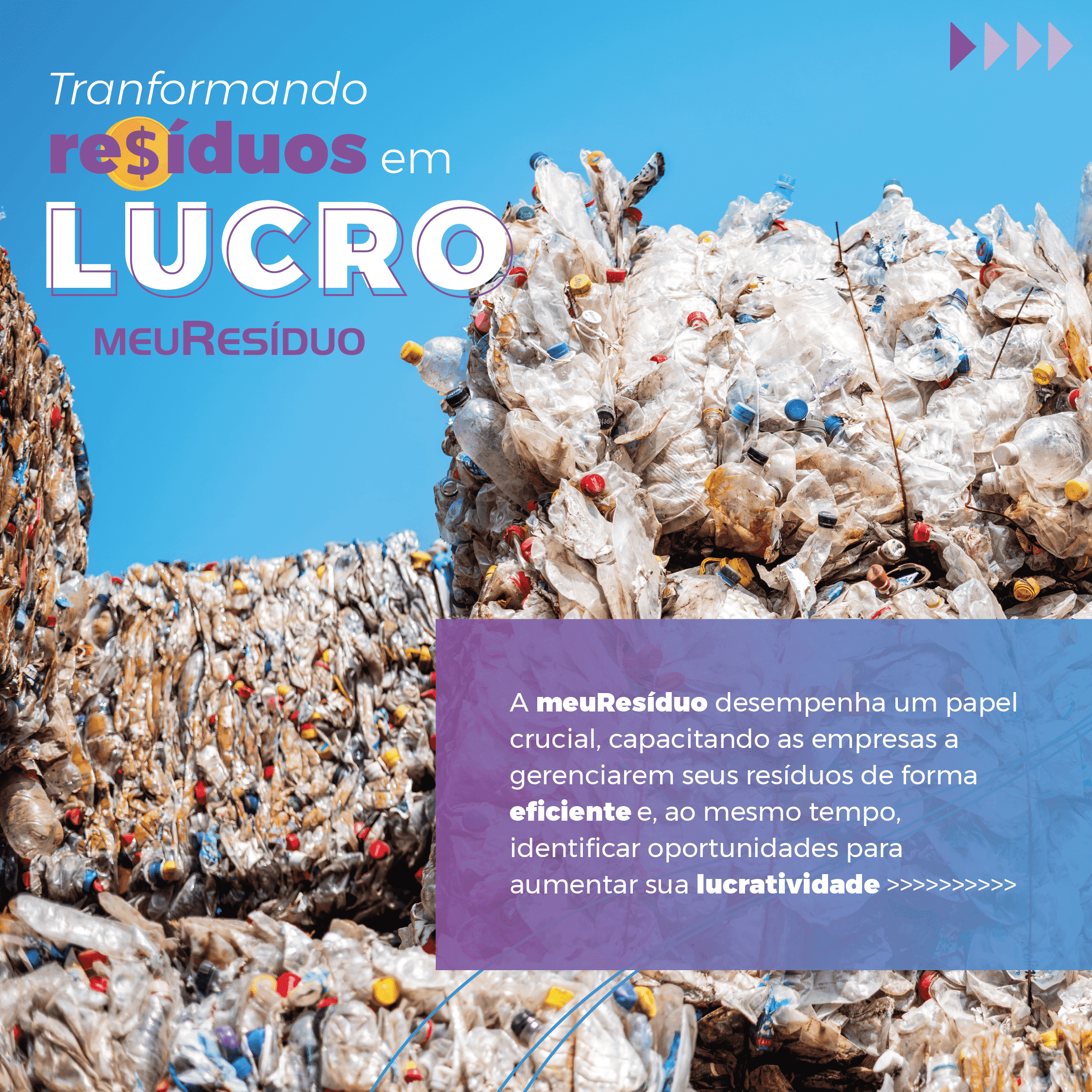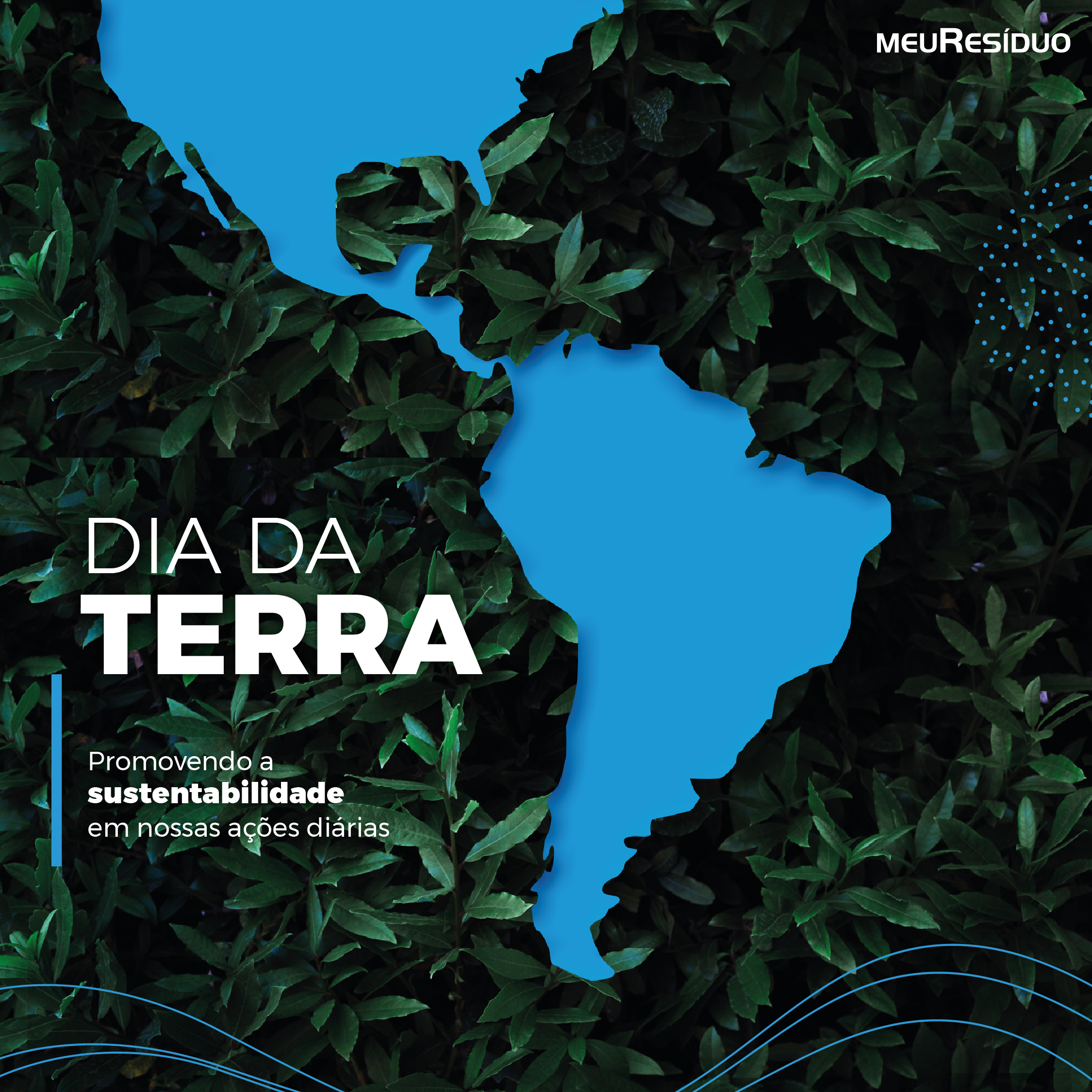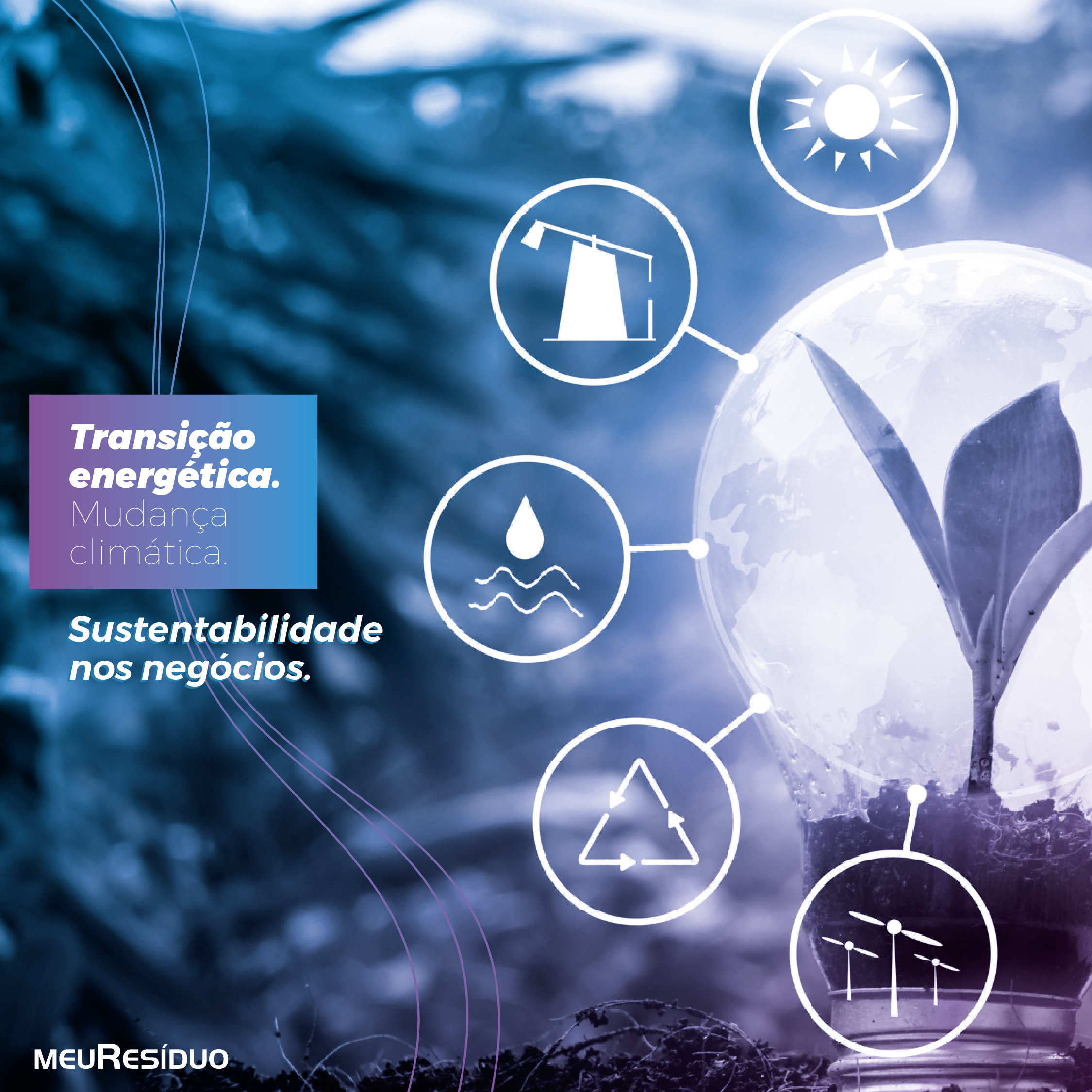
Moving Toward a Zero Waste
Lifestyle
It can seem like not a day passes by without more bad news concerning the
environment. In the face of such huge reported problems, it’s easy to feel
helpless and be discouraged. But there’s an effective approach that
everyone can take to reduce their impact on the planet’s resources, and it
involves working toward a zero-waste lifestyle.
What is the Zero Waste Lifestyle?
Modern society can be hugely wasteful of resources, whether through
uneaten food, unnecessary packaging, or excessive use of energy.
Embracing a zero-waste approach means looking at every area of your daily
life, and considering if there’s a way of approaching it with greater thrift.
The idea is that while every step may be a small one, the combined results
can be huge – and they only increase as more people become involved.
Essential First Steps
Moving toward zero waste is a project that never stops growing and
developing, but getting started needn’t be a major disruption to your
lifestyle. Here are just three changes you can make that will have an
immediate impact on your carbon footprint, and can serve as a basis to
build a longer-term approach around.
– Using Glass Jars
Glass jars are an excellent way of storing dried goods in the kitchen. They’re
more attractive than Ziplock bags or Tupperware containers, and can be
reused again and again. They can also be taken to loose-goods stores and
filled direct, avoiding the need for extra packaging.
Look in thrift stores for second-hand jars you can give a new home, or even
better, reuse mayo jars, jelly jars, and others instead of sending them to
landfill.
– Use Grocery Tote Bags
Reusable cloth bags can help you make a dent in the billions of plastic and
paper grocery bags that are used and discarded each year. They needn’t
cost much to buy, and can last years if treated well and washed with care.
And for full zero-waste brownie points, you could make your own totes out
of old cloth shirts or sheets.
– Prioritize Reusable Items
Many other single-use everyday items can be replaced by reusable
equivalents to reduce plastic pollution. Buy sturdy plastic or metal drinking
straws instead of the lightweight disposable ones which only last a drink or
two.
Buy a good reusable water bottle and fill it before leaving home, instead of
relying on bottled water on the move. Return to using old-fashioned
washable handkerchiefs instead of disposable tissues, or use old rags for
cleaning rather than single-use cloths. The possibilities are endless with a
little thought.
Moving On: Using the Five Rs
While even these small starts can add up to a big difference, there’s a handy
way of approaching a more advanced level of zero waste lifestyle. The Five
Rs concept was devised by Bea Johnson, a leading light of the minimalist
living movement, building on the original Three Rs of reduce, reuse, and
recycle which were introduced in the 1970s
Adding two extra Rs of refuse and rot, the new Five Rs add up to a
comprehensive approach to keeping your own waste footprint to an
absolute minimum, without needing to live a spartan or self-denying life.
1) Refuse
You can start working on your waste footprint by refusing the unneeded
items which are thrust toward you almost every day. From marketing
magazines, leaflets, and flyers, to promotional gifts and other freebies,
there’s no reason you need to accept whatever you’re offered just because
it’s free. And in any case, the vast majority of these free items are barely
glanced at or used before finding their way to the trash.
Also, don’t accept single-use items or unnecessary packaging if there’s a
readily available alternative. Always consider whether there’s a recyclable or
reusable version of a product which you can buy instead, to stop wasteful
items from entering your life at their source.
2) Reduce
As well as refusing unnecessarily wasteful items, it’s an excellent strategy to
reduce the overall amount of things you buy wherever you can. For
example, plan a week’s menus in advance, and shop only for the ingredients
you need, rather than buying things out of habit and wasting a proportion
of them. You’ll spend less at the store, and discard less at the end of the
week.
For items other than foods, decide whether any particular purchase is for
something you’ll genuinely use. And if it is a justifiable buy, aim for quality
so that the resources consumed to produce the product are likely to give
lasting value.
3) Reuse
Rather than throwing something in the trash when it’s no longer needed,
consider ways to put it to a new use, just as with re-purposing glass jars for
storage. Likewise, if an item is broken or damaged, see if it can be repaired
rather than discarded.
And if an item is in good condition but simply unwanted or unused,
consider donating it to a thrift shop so that it’s not wasted in the future.
4) Recycle
Most everyday items today can be bought in recyclable packaging, so
choose these whenever possible. Not only will the act of recycling preserve
resources, but as you vote with your wallet recyclable materials will
increasingly become the standard option.
5) Rot
Lastly, any vegetable scraps from the kitchen or trimmings from the garden
can be rotted down into compost if you have the yard space. However, don’t
add meat or dairy to your compost as they’ll attract pests and risk disease.
Luckily, most areas now have a drop-off point where waste food of all kinds
can be left, with the collections being processed in a waste management
center or biofuel production plant rather than being sent to landfill.
Specific Zero Waste Tips for Everyday Home Life
If the idea of zero waste is an attractive one to you, here are some concrete
steps you can take to begin your journey toward being garbage free.
1) In the Kitchen:
– Eat unprocessed foods wherever you can to reduce packaging and the
carbon footprint of their production.
– Try to reuse leftovers, for example making broth from bones and
vegetable off-cuts.
– Reduce detergent use by making an organic homemade cleaning product
for your work surfaces. Combine equal parts of distilled white vinegar and
water, and add a few drops of tea tree oil as a natural disinfectant.
2) The Bathroom:
– Buy your shampoos and soaps in bulk, refilling smaller containers for daily
use.
– Ditch the expensive disposable toothbrushes and replace them with
reusable options that use far fewer resources and can last for a lifetime.
Choose the ones that recycle or compost the toothbrush heads and bristles.
– Leave behind expensive skincare products and use DIY personal care and
makeup products. For example, a mixture of raw honey and extra virgin
olive oil makes a great moisturizer that uses far less resources.
– Use a homemade toothpaste containing baking powder, a few drops of
peppermint oil, and enough water to make a stiff paste.
– Use toilet paper made from recycled fibers or toilet paper made from
bamboo, which is biodegradable, decomposes easily in nature, and helps to
reduce deforestation, also, use washable cloths to replace disposable wet
wipes.
3) Laundry and Cleaning:
– Buy your laundry detergent in bulk. Or better yet, buy laundry Eco-Strips
instead of powder or liquid detergents, and use distilled white vinegar as
rinsing aid.
– White vinegar also makes a great organic surface and window cleaner.
Simply mix one part vinegar to eight parts water, and add a little cornstarch
to hold the mixture together.
– For more stubborn dirt, mix a quarter-cup of vinegar, four cups of water,
and a tablespoon of baking soda to make a natural homemade cleaning
product. For extra freshness, try adding a little freshly squeezed lemon
juice.
4) Bedroom and Closet:
– When the time comes, replace synthetic bedding with natural fiber
materials like organic cotton or linen.
– Combine the clothes in your closet in new ways, rather than buying whole
new outfits.
– Donate unused clothing to charity to extend its life, or use worn-out items
as cleaning rags.
5) Dining and Social Gatherings:
– Use real plates, cutlery, and fabric napkins rather than disposable ones at
social gatherings.
– Buy drinks and so on in bulk rather than as individual servings.
– For informal gatherings, serving finger foods cuts down on the plate
washing afterward.
6) Medicine Cabinet:
– Don’t go overboard on supplies that will go out of date. For once, buying in
bulk isn’t a good idea for general consumer medications with an expiry
date.
– For repeat medications, ask if your current container can be refilled rather
than using a new one each time. However, bear in mind that this isn’t legal
in every state.
– For minor ailments such as colds, consider herbal teas or essential oils
rather than expensive commercial preparations. They’re often just as
effective, but with much less waste and resource consumption.
7) Garden:
– Compost garden cuttings and waste to return the nutrition they contain to
the soil.
– Reuse larger cuttings as a mulch to protect the soil and retain water.
– Grow your own fruits and vegetables in your backyard, rooftop, or even
on a balcony.
– If realistic, collect rainwater in water butts to lessen the amount you take
from your local supply.
8) Office
– Don’t print documents unless you really need to.
– Use old-style refillable pens rather than disposable plastic ones.
– Recycle or compost shredded documents rather than throwing them in
the trash.
– Store your data in the cloud where feasible, rather than using hard drives
and memory sticks which quickly become obsolete.
These tips only scratch the surface of the many ways you can cut your
garbage generation down to size. Also, remember to reduce plastic waste
when traveling. Modern life means completely eliminating waste is probably
impossible, but every step you can take toward being trash free is an
important one with real-world results.


